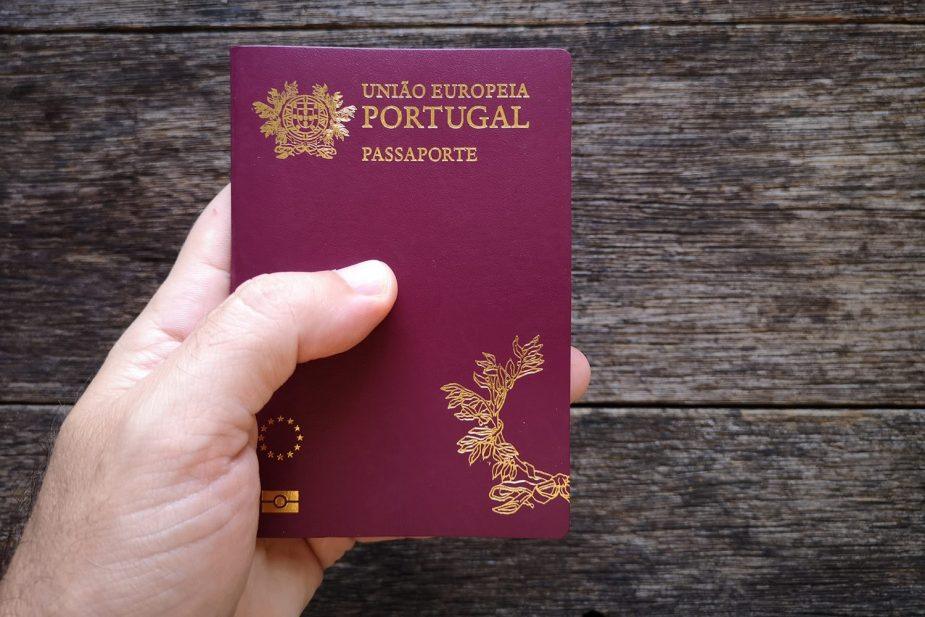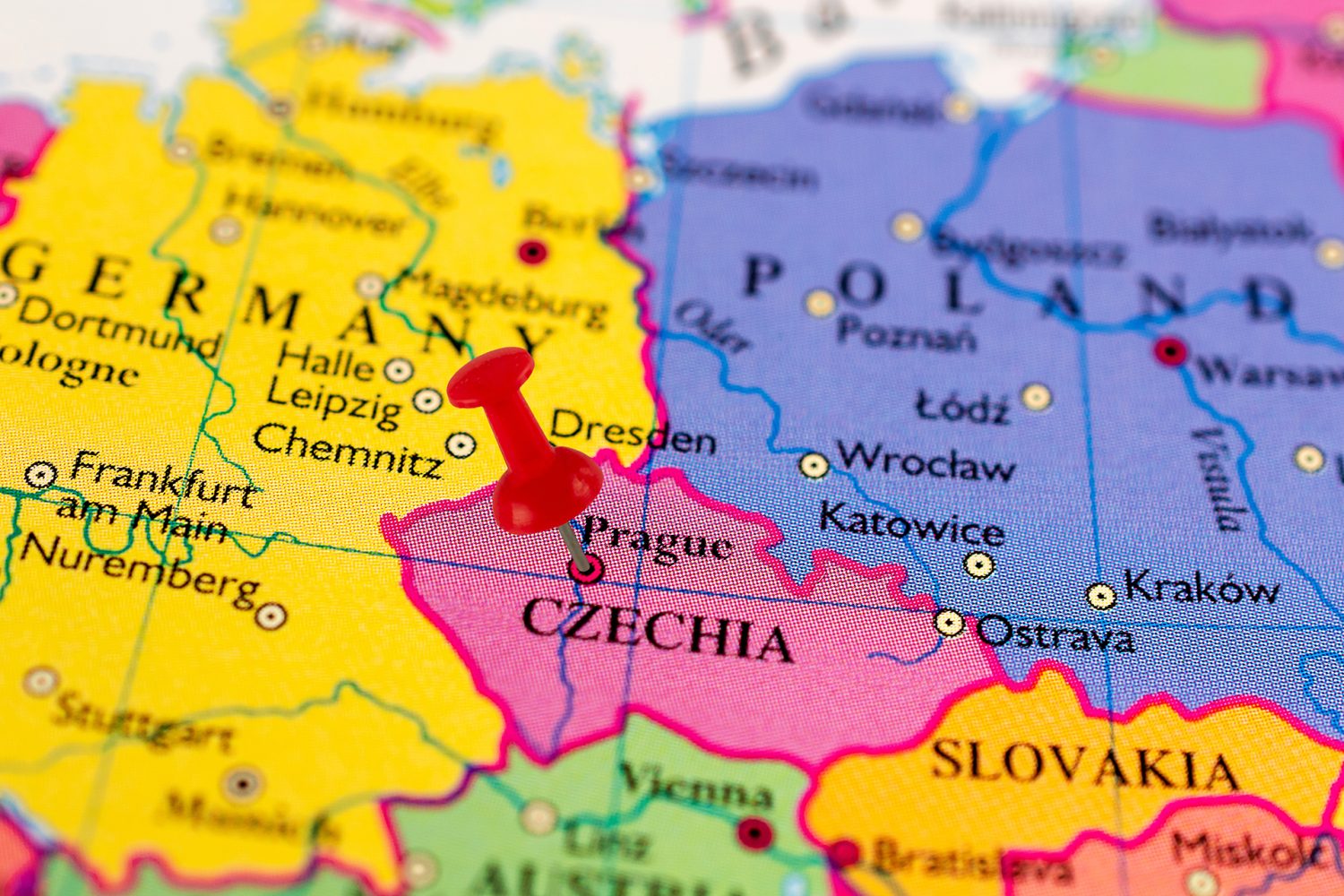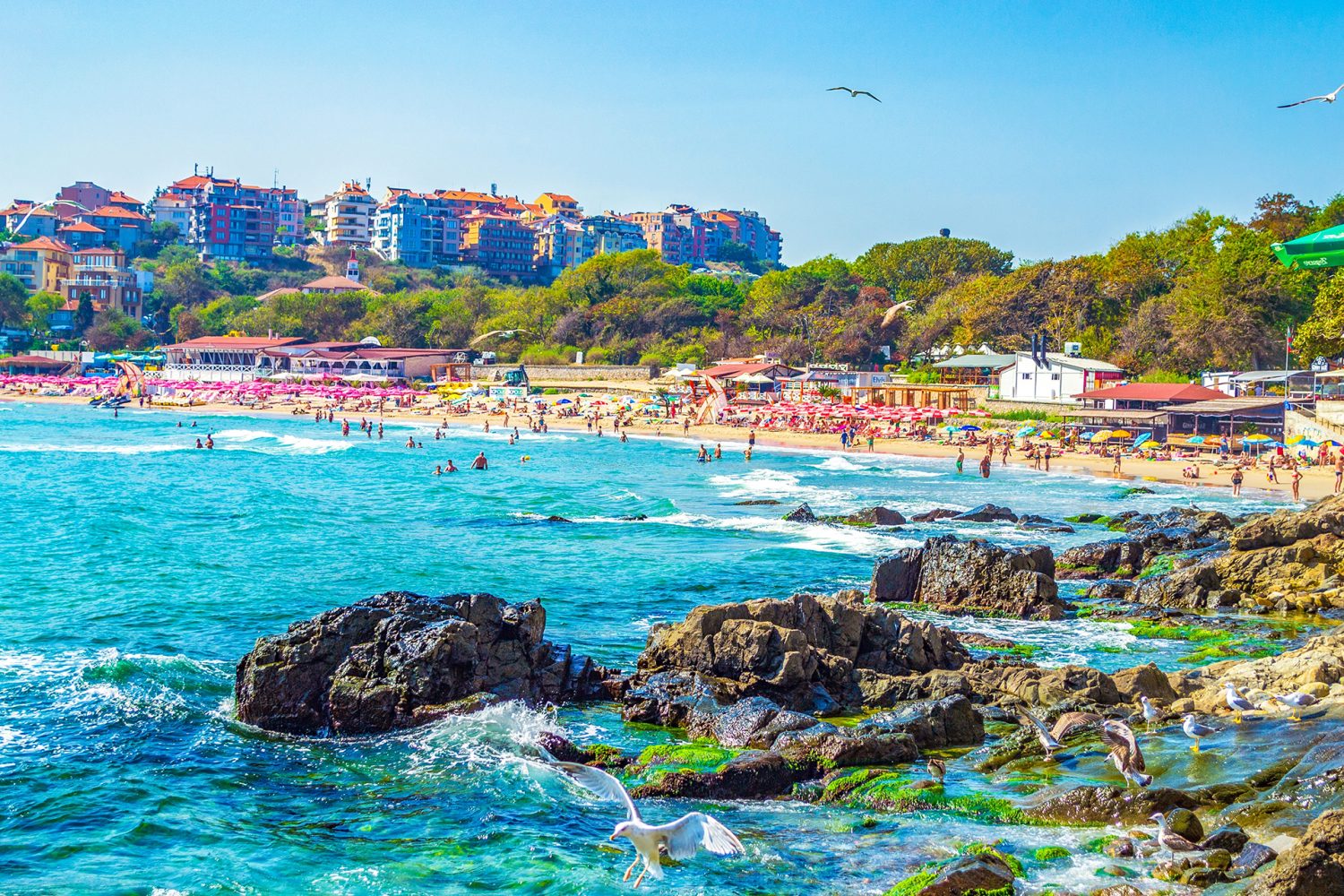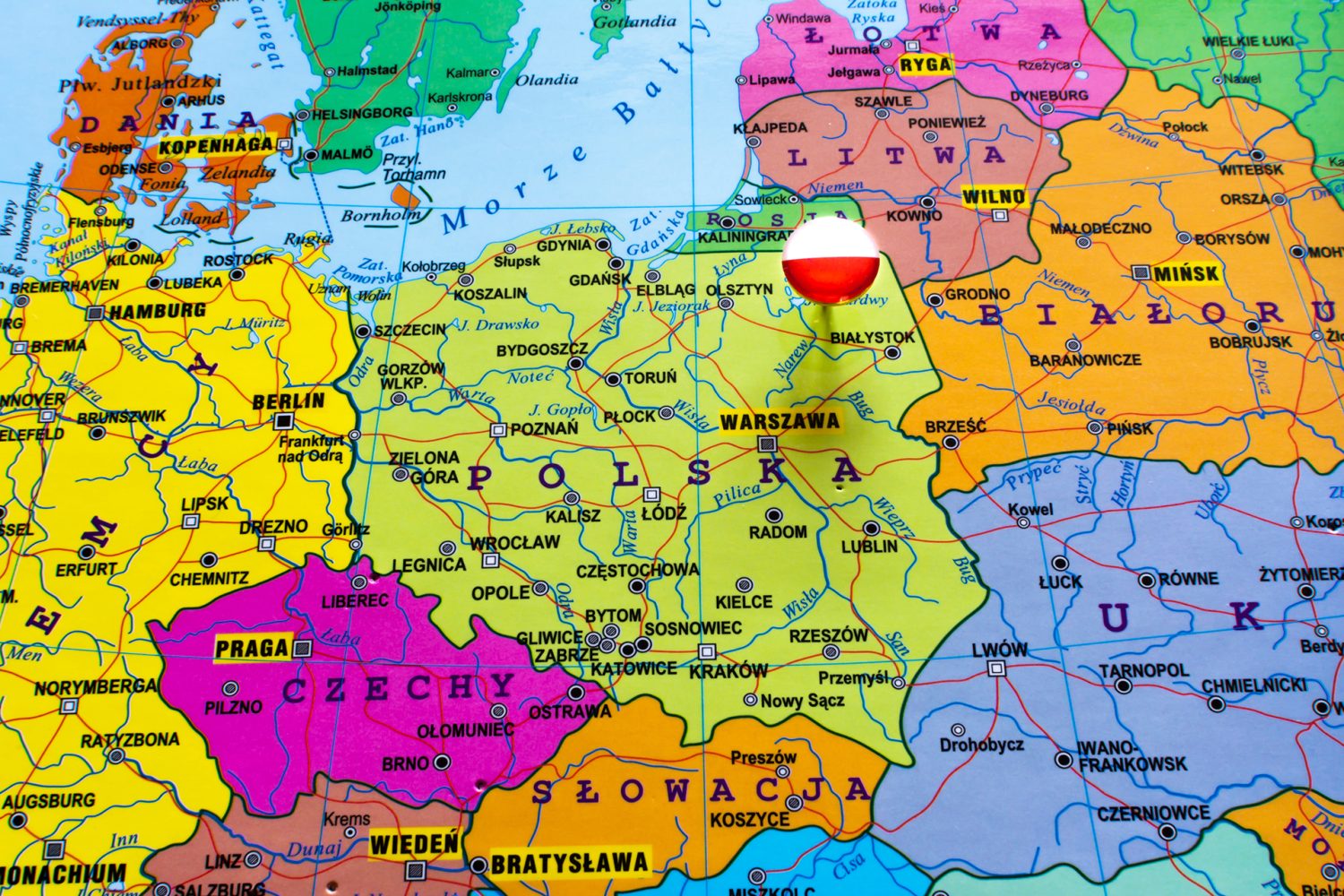
Diana Weber
Lawyer of international law
Rating:
10
January
How to Get Citizenship of Portugal

Portuguese citizenship is a prestigious status of a European Union citizen, which opens access to a wide range of opportunities such as freedom of movement, residence, work and study in the 27 EU countries. Foreigners usually acquire citizenship through ordinary naturalization, that is, after long residence in the state as a resident and compliance with integration rules. Citizenship is also granted through marriage, in special cases such as Sephardic descent or participation in Portuguese communities abroad.
Portugal's passport ranks third in the world's power rankings, and allows free travel almost anywhere in the world, from the United States to China. The Portuguese Republic provides citizens with various social guarantees and preferences like status transfer by inheritance and consular protection abroad.
Obtaining citizenship in Portugal is leading to benefits such as:
In a simplified procedure it is possible to obtain the rights of a Portuguese citizen with a passport of another EU country, issued under an accelerated procedure. A second citizenship is available to you in just 4-12 months with the support of Immigrantinlaw's international law specialists.
In order to apply for Portuguese citizenship and obtain a passport, you must have a connection with the country, according to one of the articles of the law “Lei da Nacionalidade”. For example, you can have at least one ancestor from Portugal, belong to the Sephardim (descendants of Jews forcibly expelled from the Republic in the XV-XVII centuries), demonstrate special services to the state or have lived in the country with integration into society (naturalization).
On any of the grounds other than the unconditional right of birth, those wishing to acquire Portuguese citizenship need to be:
Additional requirements depend on the reason for obtaining a passport in Portugal. The most conditions are stipulated for naturalization, and the least for birth/nativity. A request for citizenship is rejected if it is against the national interest. Example - the applicant is serving in the armed forces of another state, is found to have links with terrorists or provides untruthful information about him/herself.
The widest list of documents for Portuguese citizenship you have to provide in the case of naturalization. The dossier includes:
Documents obtained abroad must be translated into Portuguese and notarized.
Submit an application form and we'll get back to you!
Citizenship can be obtained by birth, ethnicity, marriage to a Portuguese or many years of residence in Portugal. The most common way for foreigners without local roots is naturalization, which is suitable for all those who plan to move to the republic for permanent residence.
It is impossible to buy Portuguese citizenship in any way. A passport is not granted even for large investments in the economy of the republic or when buying real estate (residential or commercial). When investing funds, you can only count on the opening of a residence permit and the usual procedure of naturalization.
A Portuguese passport by naturalization is granted to those who:
First you open a national visa and a Portuguese residence permit on one of the legal grounds for relocation. For the next five years, you need to maintain a reason to live in the country and regularly renew your residency card. Once the period of sedentism (residency) has been met, you request citizenship if you meet the other conditions.
To start the naturalization process, you can obtain a Portuguese residence permit for the purposes of:
The status of citizen is automatically granted to a child born in the Republic, at least one of whose parents is Portuguese. In the case of children born abroad, it is necessary for the parents to obtain a certificate through the Portuguese Registry Office. Also, the child may later declare his/her desire to acquire citizenship if his/her mother or father has not done so.
A child born in Portugal to a foreign family is granted the nationality of his or her parents. The exception is children whose mother or father were also born in the Republic, regardless of their current documents. Also, a passport is granted without additional conditions to a child from a family of stateless persons (stateless persons).
If you have at least one Portuguese ancestor in your family up to and including the second degree of consanguinity in the ascending line (i.e., grandparents), you are eligible to obtain a passport in the Republic. You need to prove that you have ties to the Portuguese community, including knowledge of the national language at a level from A2. You also provide civil status certificates that prove your connection to a relevant relative. There are no additional requirements.
If you have been legally married to a Portuguese citizen for at least 3 years, you can obtain a local passport by declaration (application). You will not have to pass a language test or demonstrate income. The acquired citizenship is retained even in case of divorce, unless it is proven that the marriage was a sham.
Portuguese citizenship is also available to:
It is possible to live in Portugal with the same rights as citizens of the country if you have a European Union passport. In some EU states citizenship is granted without taking an integration exam, providing proof of income, mandatory residence before or after obtaining the status. You can find out more information from an Immigrantinlaw lawyer during a free consultation.
Get more information about the peculiarities of immigration to the EU at a free consultation
There are no dual citizenship treaties between Portugal and other countries. With Brazil, the Republic has concluded a status of mutual recognition of rights and obligations, which in fact entitles citizens of both countries to enjoy the privileges due to each of them, for example, to work or study without having to obtain another passport.
At the same time, Portugal recognizes multiple citizenship and does not require those who obtain a local passport to renounce a similar document in their home country and in other countries. The main thing is that this situation does not contradict the laws of your home country. For each of the countries, you will be considered only a local citizen in the relevant legal field.
To learn more about how to obtain citizenship of Portugal or other European Union countries, it is worth signing up for a free consultation with migration specialists. Specialized lawyers will check your request and recommend the best programs for obtaining the desired status. Step-by-step support of specialists is a guarantee of a successful result and your minimal involvement in the procedure.
Immigrantinlaw lawyers are thoroughly versed in the peculiarities of international law, which allows you to quickly, easily and simply obtain a second passport in the European Union and get many new life prospects for work, business, study and travel.
In 2025, Portugal introduced a draft law that significantly tightens the rules for acquiring citizenship: the residence period has been extended, language and cultural requirements have been revised, criminal record checks strengthened, and automatic citizenship for certain cases of birth in the country has been discontinued.
The 2025 draft law in Portugal will make the path to citizenship significantly tougher: longer residence periods, stronger integration requirements, and stricter rules for children of foreign parents mean that candidates will need to prepare more thoroughly before applying.
Submit an application form and we'll get back to you!
How to Get Citizenship of Belgium
26 July
Belgian citizenship means a legal connection between a person and the state, which is confirmed by the presence of mutual...
Immigration to Czech Republic for Permanent Residence
15 June
Moving to the Czech Republic should start with obtaining an entry document, preparing a place to live and financial savings....
Obtaining Bulgarian Residence Permit for Foreigners
27 January
Temporary residence permit in Bulgaria is a legal status that allows a foreigner to stay in the country for a...
How to Get Citizenship of Sweden
4 October
Swedish citizenship is the legal relationship between the country and you as an individual. According to the national laws of...
Obtaining Polish Residence Permit for Foreigners
16 December
A residence permit in Poland is a document that is issued to those who wish to reside in the country...
Obtaining Hungarian Residence Permit for Foreigners
27 September
A residence permit in Hungary is a document with which one can temporarily stay in the country on a legal...
Discover
new opportunities
with a European Union passport!
Submit the application form and we will call you back!
Leave a request
Contacts








